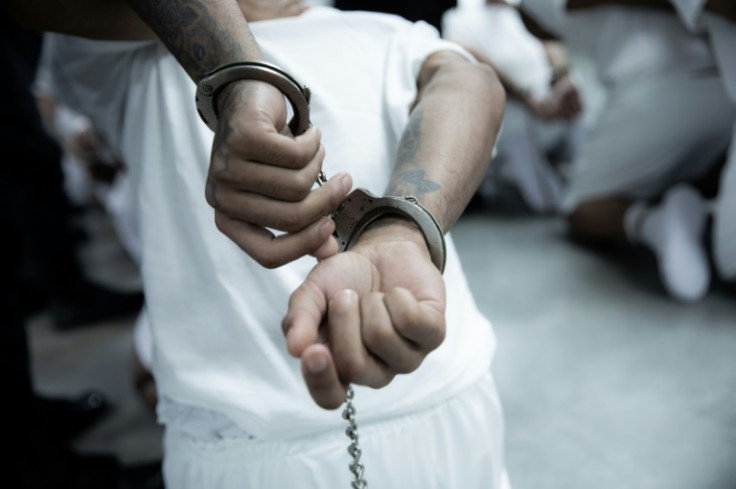
A new investigation by InsSight Crime has revealed that a senior U.S. Department of Defense official previously led a think tank that published fabricated reports on the Venezuelan gang Tren de Aragua's presence in the United States.
Joseph Humire, recently appointed Acting Deputy Assistant Secretary of Defense for Western Hemisphere Affairs, headed the Center for a Secure Free Society (SFS) for more than a decade. While in that role, SFS operated a Tren de Aragua "activity monitor" that purported to track gang-related crimes in the U.S, the investigation found.
InSight Crime found at least five entries in the tracker that appeared to be entirely false, citing nonexistent local news articles and naming individuals who did not appear in police records. One of the events was posted on March 10, the day before Humire testified before Congress on immigration and security, where he alleged Venezuelan government involvement in the gang's U.S. operations — a claim echoed by President Donald Trump.
The think tank's current director, Leonardo Coutingho, acknowledged the errors to InSight Crime and promised to correct them, but most entries remained online when the outlet published the story. InSight Crime also noted that many of the tracker's other entries relied on unverified social media posts or partisan sources, inflating the gang's perceived footprint.
These disputed claims intersect with a broader political and intelligence dispute over the Trump administration's use of the Alien Enemies Act to deport Venezuelans accused of Tren de Aragua ties to a Salvadoran prison without due process.
A Rift in the Intelligence Community Regarding Tren de Aragua
The New York Times reported in late May, that an FBI memo — rejected by most other U.S. intelligence agencies — assessed "medium" confidence that some Venezuelan officials facilitated the migration of Tren de Aragua gang members to the U.S. to undermine public safety. The FBI's view was based largely on statements from seven detained migrants, some of whom may have had incentives to provide information that could aid their immigration cases.
The National Intelligence Council, supported by the CIA and NSA, conducted an analysis drawing on the available evidence from all intelligence agencies and scrutinized whether the detainees "could credibly have access to the information reported" and whether they had offered details that could be corroborated.
The council ultimately concluded, in contradiction with the FBI, that "the Maduro regime probably does not have a policy of cooperating with TDA," and that available evidence did not support Trump's claim that Venezuela controls the gang.
"The National Intelligence Council produced a memo on Feb. 26 that concluded that Venezuela's government does not control the gang," explained the New York Times in its May report. "The memo noted that the F.B.I. did believe there were some links based on information the rest of the intelligence community did not think was credible."
"Still, on March 15, Mr. Trump signed a proclamation saying the opposite."
The administration's emphasis on Tren de Aragua has led some analysts to observe a pattern often seen in several countries around South America, where politicians have used the gang to link migration to crime and justify restrictive immigration measures.
Tren de Aragua Gang as a Political Tool
Experts consulted by Latin America Reports in early May claimed that the Trump administration's approach mirrors strategies used in countries like Colombia and Chile, where fear of the gang has been leveraged to stigmatize Venezuelan migrants despite the presence of far larger criminal organizations.
The report consulted with Phil Gunson, Senior Andes Analyst at Crisis Group, and Ronna Rísquez, author of the definitive book on the gang, who both agreed that the gang's actual threat in the U.S. remained unclear as of May of 2025 and that its political utility may outweigh its operational reality.
"It's expedient for the Trump administration to claim that Tren de Aragua is a terrorist organization because it facilitates a policy which actually has really nothing to do with that... presenting plausible excuses for a campaign of mass deportation," said Gunson at the time, while Rísquez added that "if we compare the Tren de Aragua with the actions carried out by Mexican cartels over the years, there is no equivalency."
© 2025 Latin Times. All rights reserved. Do not reproduce without permission.









